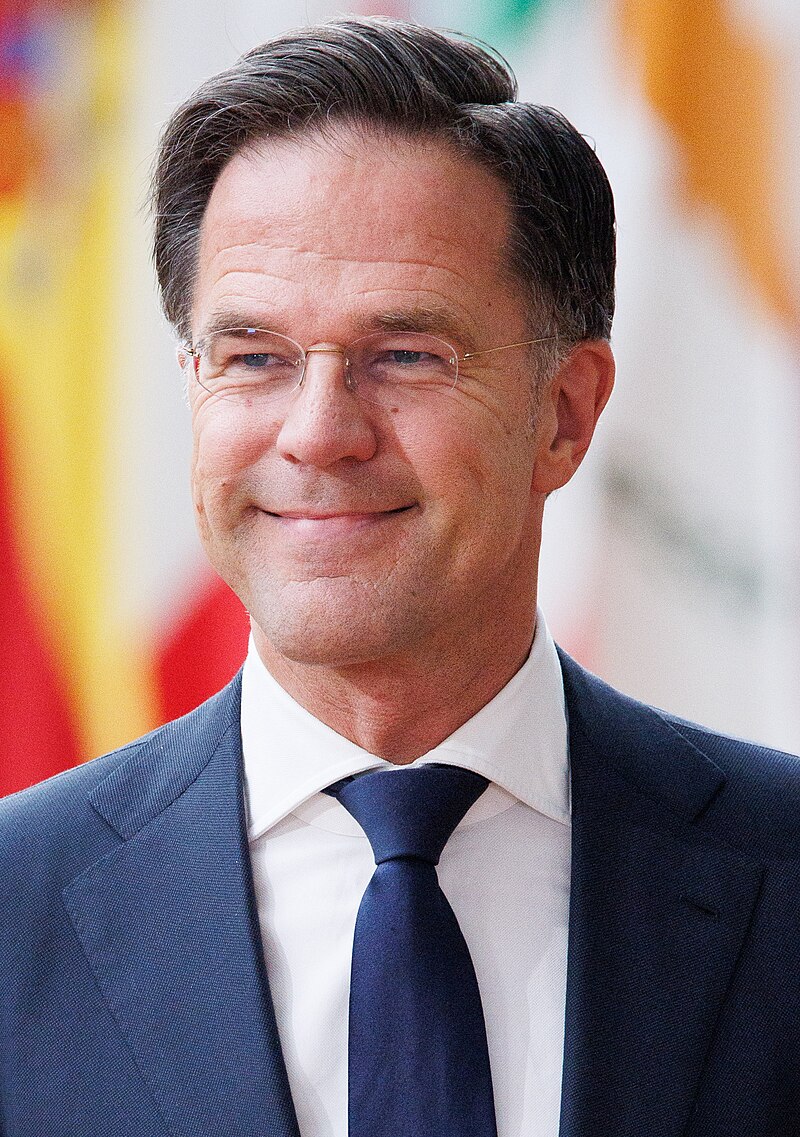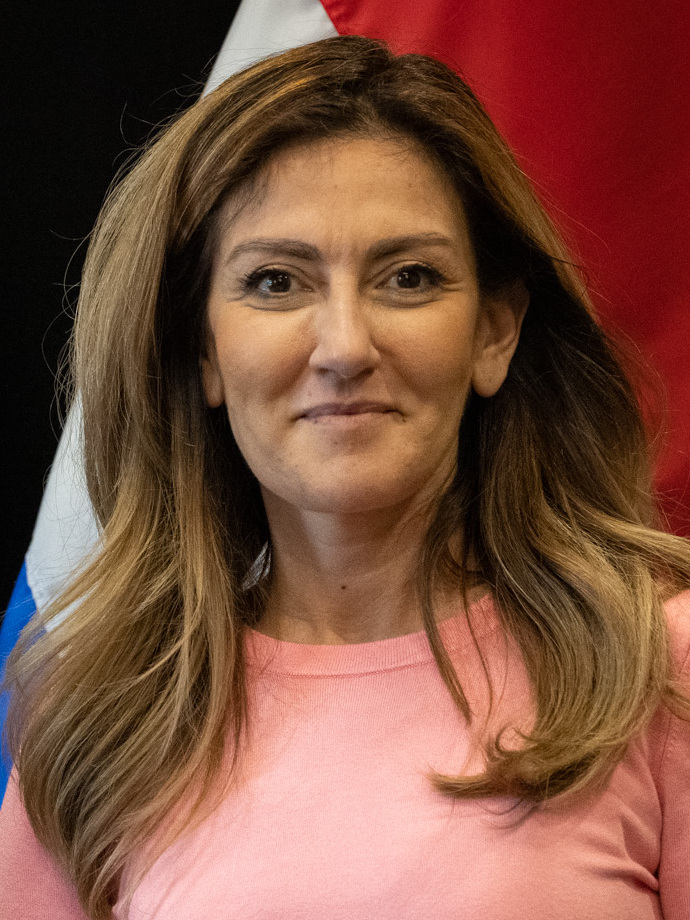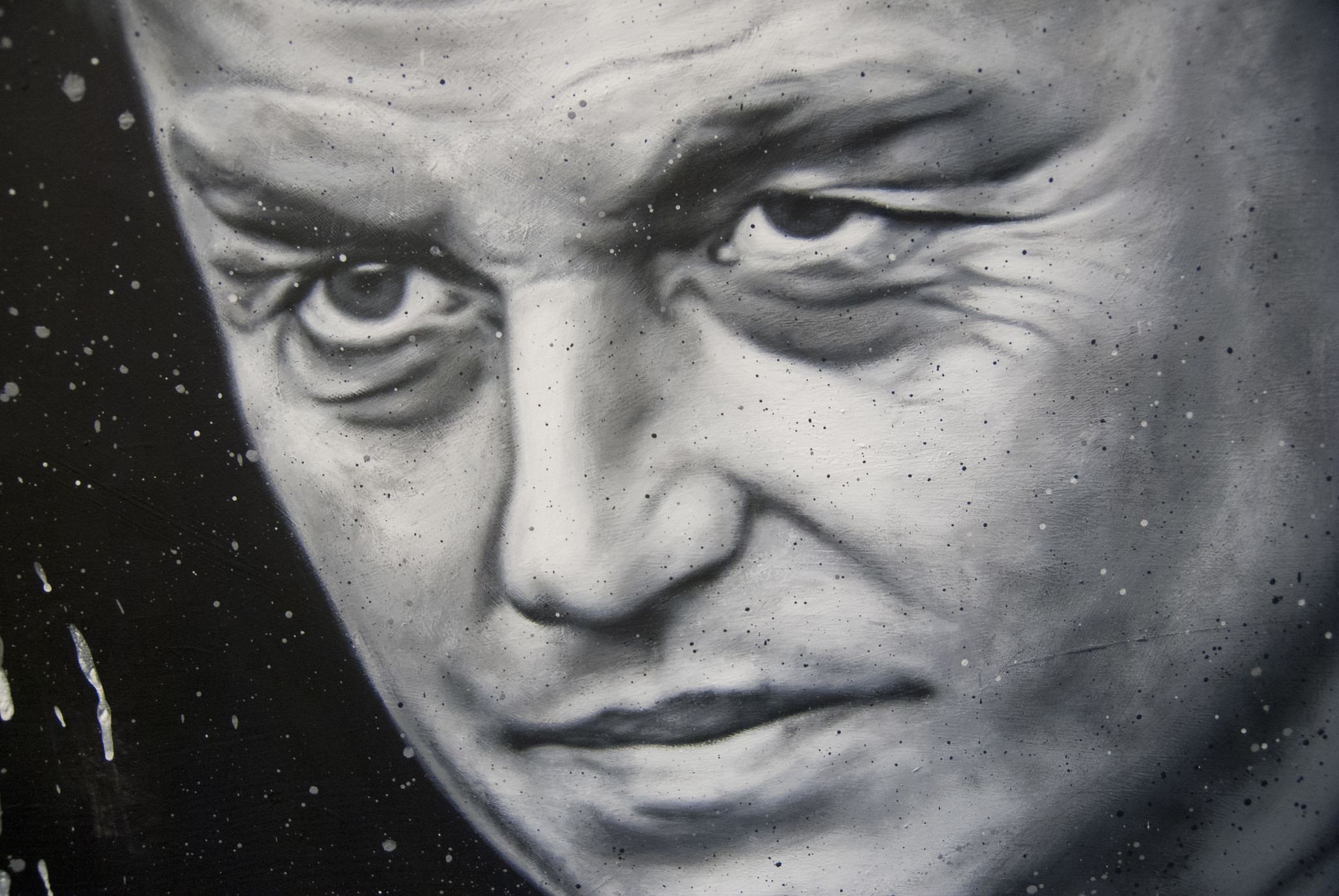On 22 November, Dutch and European capitalism were shaken by an earthquake, as the party of the far-right demagogue Geert Wilders came first in the parliamentary elections in the Netherlands, with almost a quarter of the vote. What do communists make of this development?
The elections of Wednesday 22 November are a turning point in Dutch history, and they occur in a context of rising dissatisfaction with the status quo. As we have explained before, Dutch capitalism is not the stable bulwark it used to be. The traditional bourgeois parties are all facing decline. A poll by Statistics Netherlands at the end of last year showed that only 25 percent of Dutch people over 15 years of age trust parliament, and only 21 percent trust political parties.
The country is ridden with a ‘polycrisis’ of high inflation, growing poverty and inequality, and an enormous housing shortage. In 2008, food banks had 6,000 customers, while last year this had gone up to 120,000. According to the Red Cross, in late 2022 about 400,000 Dutch people needed food aid. Meanwhile, years of cuts and austerity have left their marks on the education, healthcare, and childcare services. It is no surprise there has been growing discontent.
Electoral shock
In July this year, the fourth Rutte government collapsed. As we explained, this was a political gamble for Mark Rutte to reverse the fortunes of his party, the right-liberal VVD, by competing with the far-right demagogues on anti-migration politics. Rutte basically crashed his government, in order that his successor Dilan Yesilgöz might offer to lead a right-wing coalition with a rabble of different demagogic parties.
 The fall of the fourth Rutte government set the stage for this upset / Image: European Commission
The fall of the fourth Rutte government set the stage for this upset / Image: European Commission
In the end, this failed. The anger of a sizable part of the workers and middle class went to Geert Wilders’ party PVV, which gained 23.6 percent (37 seats). The VVD, which had been the main bourgeois party since 2010, came third, with 15.2 percent (24 seats).
Rutte’s other bourgeois coalition partners did even worse. The Christian-democratic CDA, which for decades was the main bourgeois party, with a mass base, ended up with 3.3 percent (five seats). The liberal D66 party, which mostly has a base of the intellectual urban petty bourgeoisie, went down to 6.3 percent (9 seats).
Besides the PVV, there were gains for two other bourgeois demagogic parties. The New Social Contract (NSC) of Pieter Omtzigt, a former Christian-Democratic whistleblower over the childcare benefit scandal, gained 12.9 percent (20 seats), representing a party that has only existed for a few months.
The Farmer Citizen Movement (BBB), which rose up seemingly out of nothing in the last Provincial Elections, already lost a big part of its momentum, with part of its base choosing to vote for Wilders. The party has now joined most provincial governments, showing itself to be a regular bourgeois party. Still, the party has the biggest fraction in the Senate (the other chamber), so it will be looking for a coalition with Wilders, using this card.
The shift to the PVV
The Dutch Marxists predicted that the vacuum left by the crisis of the bourgeois establishment would be filled by right-wing demagogues, as there is no working-class alternative. However, while this prognosis was generally correct, in the last few weeks we saw a faster shift to the PVV.
The reason for this is Rutte’s failed gamble. Yesilgöz presented herself during the debates as open to a coalition with Geert Wilders’ party PVV, if he would ditch his “extreme” positions. Wilders immediately called this bluff by declaring that he would set aside all his “unconstitutional” positions, like his pledge to close mosques and ban the Quran, and his proposal for a referendum on a “Nexit” (Netherlands leaving the EU).
Instead, he would be “moderate” and “realistic”, in order to join a right-wing government. Keen to reassure themselves as it became apparent that Wilders was going to pick up a lot of votes, the bourgeois media was awash with claims that he had become “milder”, which probably helped broaden his base of support.
But at the same time, Wilders still managed to present himself as the main “anti-establishment” alternative. He did this by offering some reforms, like reducing the retirement age to 65 and stopping the current liberalisation of the pension system, investing in healthcare for the elderly, and abolishing the “own risk” in healthcare: an obligated €385 that patients have to pay the insurance company every year on top of the monthly premium before they cover the costs. These were combined with a chauvinistic and racist campaign against refugees and migrants, blaming them for the housing crisis, insecurity and high government spending.
 Yesilgöz presented herself during the debates as open to a coalition with Geert Wilders’ party PVV, if he would ditch his “extreme” positions. This backfired / Image: public domain
Yesilgöz presented herself during the debates as open to a coalition with Geert Wilders’ party PVV, if he would ditch his “extreme” positions. This backfired / Image: public domain
By presenting himself as an opponent of “left-wing” Mark Rutte, utilising a lot of culture war rhetoric (especially rallying against capitalist climate policies like “green taxes”), he managed to get the “anti-establishment” vote of part of the working class and small business owners. This is not only the case in the provincial towns and cities, but also in some bigger cities like The Hague and Rotterdam.
The failure of the “left”
One major factor behind these results is the complete failure of the so-called “left”. The fact that after years of unpopular Rutte governments, the left parties floundered is another manifestation of the deep crisis of reformism.
Only one party on the left gained some votes, the new GroenLinks-PvdA (GreenLeft-Labour) coalition. Their joint vote amounted to 15.7 percent (25 seats), about 4.9 percent more than their abysmal results of the last elections. While they became the second party in parliament, it is clear there has been no serious recovery after the big blows the PvdA received at the general elections of 2017. The “fusion process” in which the two parties are engaged is presented by them as presenting a stronger “left unity”, but is actually a sign of weakness. By comparison, in 2012 the PvdA on its own obtained 24.8 percent (38 seats), a higher percentage than Wilders got in the current election.
The leader of this left coalition, Frans Timmermans, was actually part of the second Rutte government for two years as Minister of Foreign Affairs, and until this summer was the “European Commissioner for Climate Action”, the architect of the European Green Deal. He was brought back from Brussels with the aim of making this coalition the biggest party and becoming prime minister, which completely failed.
GroenLinks-PvdA came with a soft reformist programme and promised to raise the minimum wage, invest in better government services, education and healthcare, and in more affordable housing. However, the PvdA itself was part of the Rutte II government which carried out savage cuts to healthcare and education. In the years afterwards, the PvdA and GroenLinks gave support to Rutte in liberalising the pension system, in pursuing his unworkable COVID policies, and in implementing capitalist climate policies. They played the role of the left flank of the Rutte government and were seen by many workers as part of the establishment.
The campaign itself was modest, and Timmermans was already directly presenting himself open to a broad coalition with Omtzigt’s NSC and others. At a certain point, he stated that one should vote for him to prevent Wilders from going into coalition with the VVD and forming a right-wing government: in other words, playing the ‘lesser-evilism’ card.
Timmermans had a small effect in rallying some forces behind the party coalition, mostly a layer of older traditional PvdA voters and some former urban middle-class D66 voters. Also, many supporters of smaller left and liberal parties decided to support Timmermans strategically as they did not want the VVD or PVV. However, he was not able to win big layers of the working class back to the party.
The Socialist Party (SP), which used to be a relatively strong left-reformist alternative until a couple of years ago, is in a downward spiral. The party went back to 3.2 percent (five seats): the worst result since the 1990s.
While the SP is slightly to the left of GL-PvdA, especially with its plans for free healthcare on the basis of a nationalised insurance, the differences are very small. It has moderated its tone over the years, kicked out the most left-wing elements in a series of purges, and says it's ready to join a national government coalition, not only with centre-left parties, but also with demagogues like NSC and BBB. It has a chauvinist position against labour migrants, which gets them neither the vote of radical left youth, nor more backwards layers of workers drawn to Wilders (who rather vote for the real deal). In other words, its programme was neither fish nor fowl, and appealed to almost nobody.
The small, radical leftwing party BIJ1 lost its only seat. Although there are some radical class demands in its (very eclectic) programme, the party is strongly based on identity politics, which has led to one crisis after another in which we see cliques of people fighting over who has the right to a certain position based on their ‘lived experience’ or ‘lack of privilege’. The electoral campaign this time was mostly about identity and de-colonial issues, which resonate only with a small minority. And even then, a big part of their young base voted for GL-PvdA.
An era of instability
In his electoral victory speech, Wilders immediately made clear that he wanted to join the government and is willing to “step over his own shadow” and implement his plans “within the framework of the Dutch democracy and constitution”.
This is a signal to the ruling class that he is willing to govern in their interests and not rock the boat too hard. The ruling class has never fully trusted Wilders, because of his destabilising demagogic statements, but also because he is the sole ruler of the PVV (the party has no congress nor even members; Wilders decides everything) and thus basically dictates a quarter of the seats in parliament.
A broad "anti-PVV coalition" would be technically possible, but would only further increase the discontent and anger in society. The ruling class would prefer to try and control and co-opt him. Whether he serves as their obedient servant remains to be seen.
There will now be horse trading over forming a right-wing government, including NSC and BBB. The VVD has indicated it wants to join only as a “tolerating partner” (supporting the government from the outside, without ministers) and is now keeping its distance, to the irritation of Wilders. This does not mean that the VVD will not support the new government. In 2002, as the losing party, the VVD also initially did not want to join the rightwing government of CDA with the List Pim Fortuyn, but joined at a later stage to portray itself as the saviour of the fatherland. We can expect something similar.
This also does not mean that Wilders will also become prime minister. Possibly a more "businesslike" politician will be found to play that role. What it does mean, however, is that we will have a reactionary-right government. Some social and economic concessions will be made so as not to provoke a backlash, but we can expect all kinds of cuts and austerity in the future. Such measures are necessary from the perspective of Dutch capitalism.
This will not be a strong, popular government. There will be further polarisation in society. And there will be a revival of class struggle. We are already seeing a wave of anti-racist demonstrations, partly from disconsolate reformists and liberals who are "ashamed of their country", but also partly from radical left-wing youth who want to speak out against the PVV but lack any political point of expression.
For all his anti-establishment posturing, Wilders is already revealing himself to be a creature of the capitalist status quo. Once the attacks really start to bite, the illusions of his working-class PVV supporters will be shattered. Eventually, the new government will face opposition from the labour movement, with the backwards leaders of the unions dragged into a confrontation by pressure from below. This will accelerate the process.
Don’t mourn, organise!
As revolutionary communists, we do not join the liberal chorus about the Dutch working class being inherently racist or stupid. And we also know that there is no "fascism" around the corner. Most Dutch people did not vote for Wilders, and a larger percentage than he received cast no vote at all.
It’s true that ultra-right and fascist elements in society will become more empowered and aggressive. Anti-fascist demos in Utrecht and Nijmegen have already been attacked by far-right hooligan elements. We must defend ourselves and be vigilant.
At the same time, we must not exaggerate. We are entering an era of further instability. Wilders cannot solve the problems in society, so he will be exposed. The class struggle, which has advanced on the economic plane in the last few years, will further increase. The working class will continue to organise.
Now is the time, not to lament, but to organise! We invite all Dutch communists to build a revolutionary-communist organisation in the Netherlands. Join Revolutie!

